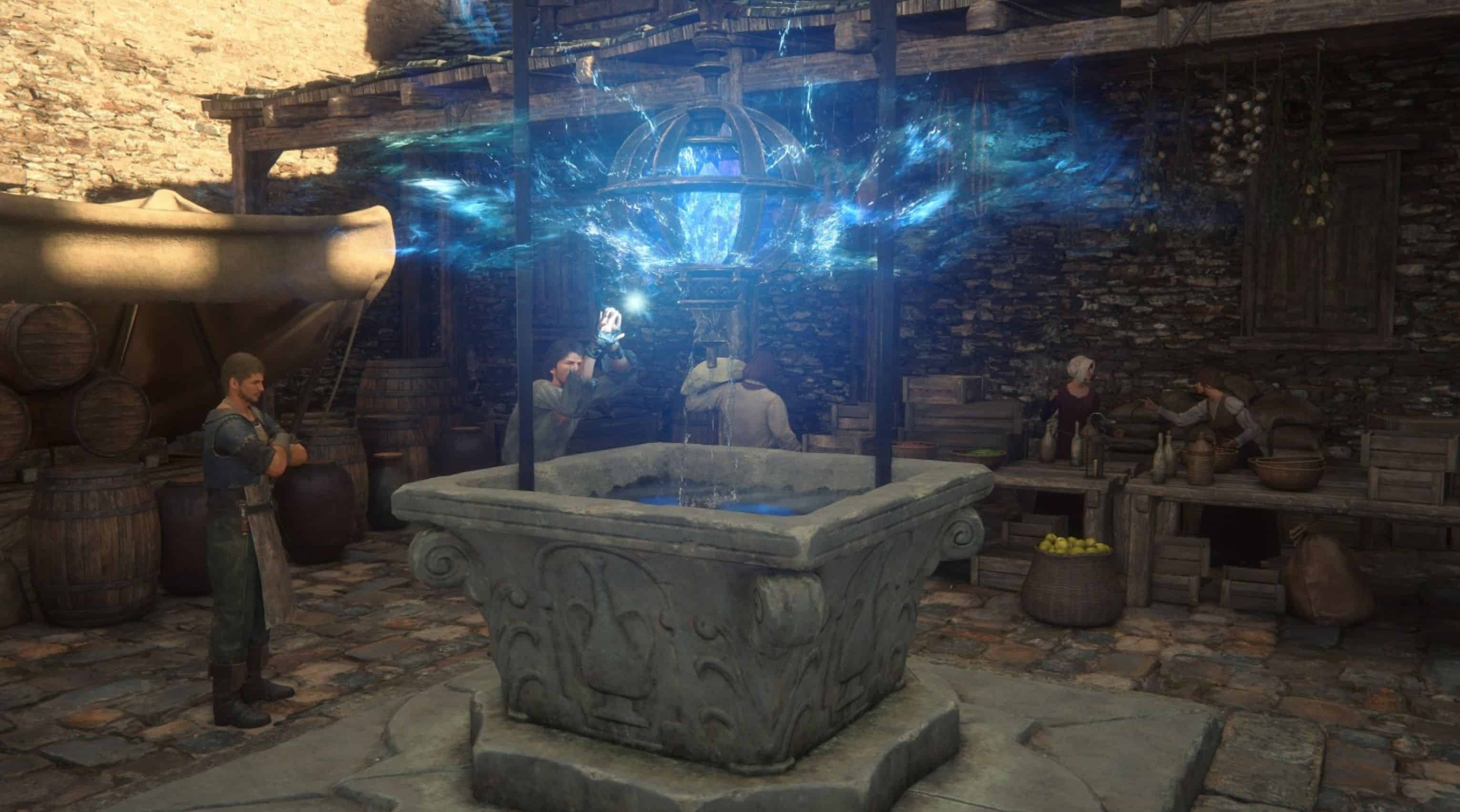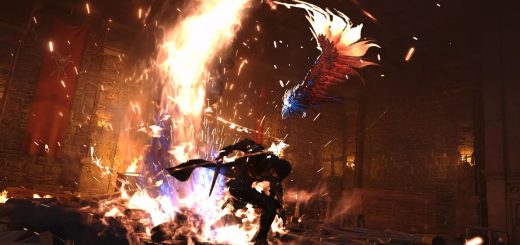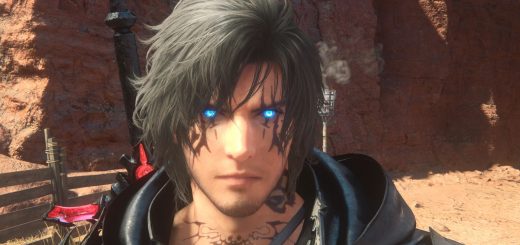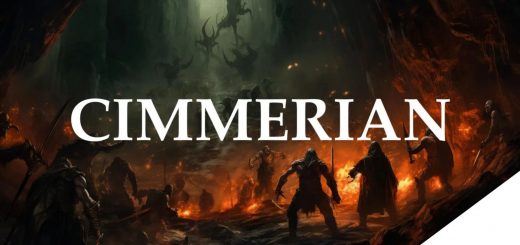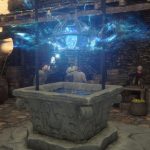
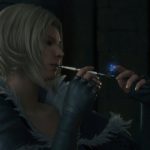
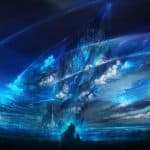
Final Fantasy 16: What Clive’s Face Tattoo Means?
Upon seeing Final Fantasy XVI protagonist Clive Rosfield, you may have noticed the black facial tattoo on his left cheek. This tattoo is closely related to the world of FFXVI, Valisthea, and the role of magic within it.
During my cover story visit to Tokyo, Japan, where I spoke with developer Creative Business Unit III, I gained insight into the significance of magic in FFXVI and its impact on Clive’s life and the world at large. The distinctive tattoo on Clive’s face signifies that he is a Bearer, meaning he possesses the ability to wield magic. While this may seem like an extraordinary power, the nations of Valisthea perceive Bearers as something less than human. These nations brand their Bearers to indicate their enslavement, and they exchange Bearers across borders according to the need for their magical skills. Clive’s life is irrevocably altered when he receives this branding.
During my hands-on experience with FFXVI, I noticed several individuals in The Grand Duchy of Rosaria, Clive’s home at one point, who had the same mark as him. They were engaged in tasks such as fetching water, carrying heavy objects, and more. As the game progresses beyond its opening hours, Clive embarks on a mission to assassinate a key figure in a war, accompanied by a few other soldiers who also bear the mark. Prior to this journey, I assumed Clive’s tattoo was exclusive to him, but it turns out that the mark of a Bearer is not as rare in Valisthea as I initially believed.
The dependence of Valisthea on the magical abilities of Bearers reflects its broader reliance on magic in general. While the main scenario propels Clive’s story, localization director Michael-Christopher Koji Fox emphasizes that the world of FFXVI is not solely focused on politics, intrigue, and Clive’s narrative. The team at CBUIII made a conscious effort to incorporate minor, everyday issues into the game’s world. These problems hint at a larger issue unfolding in Valisthea and the central theme of the game: the depletion of Mothercrystals.
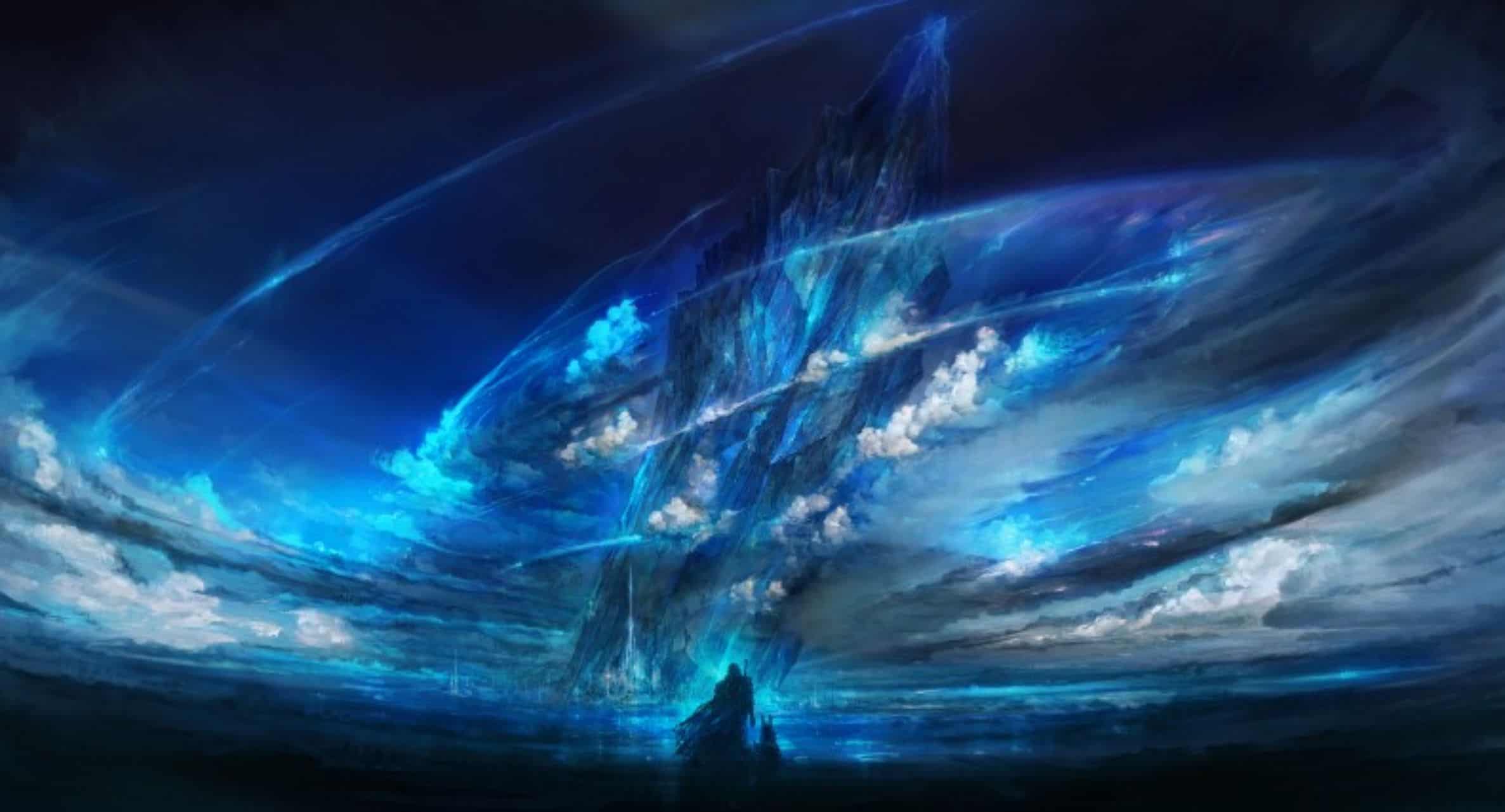
FFXVI director Hiroshi Takai compares these massive crystals to oil fields in our world, explaining that nations in Valisthea vie for control over them, much like how societies have waged entire wars over oil in our world.
Koji mentions that if you ask, “How do they do that in Valisthea?” the answer is likely magic powered by the Mothercrystals.
“Why do we need to find a way to make fire hot when we can just use a fire crystal and make the fire hotter? There’s no need to invent bows and arrows in a world where magical projectiles can be shot via a crystal,” he explains. “As a result, people become reliant on magic, and they don’t learn how to do many things, depending too heavily on these crystals in some cases.
“[This reliance] becomes one of the central themes in the narrative: what happens when the magic starts to run out? How will we pour our water? How will we dry our laundry? Instead of figuring out ways to light their cigarettes without a crystal, the first thing they think of is, ‘Well, we need to go and invade this country and get their crystal because that one is still working.'”
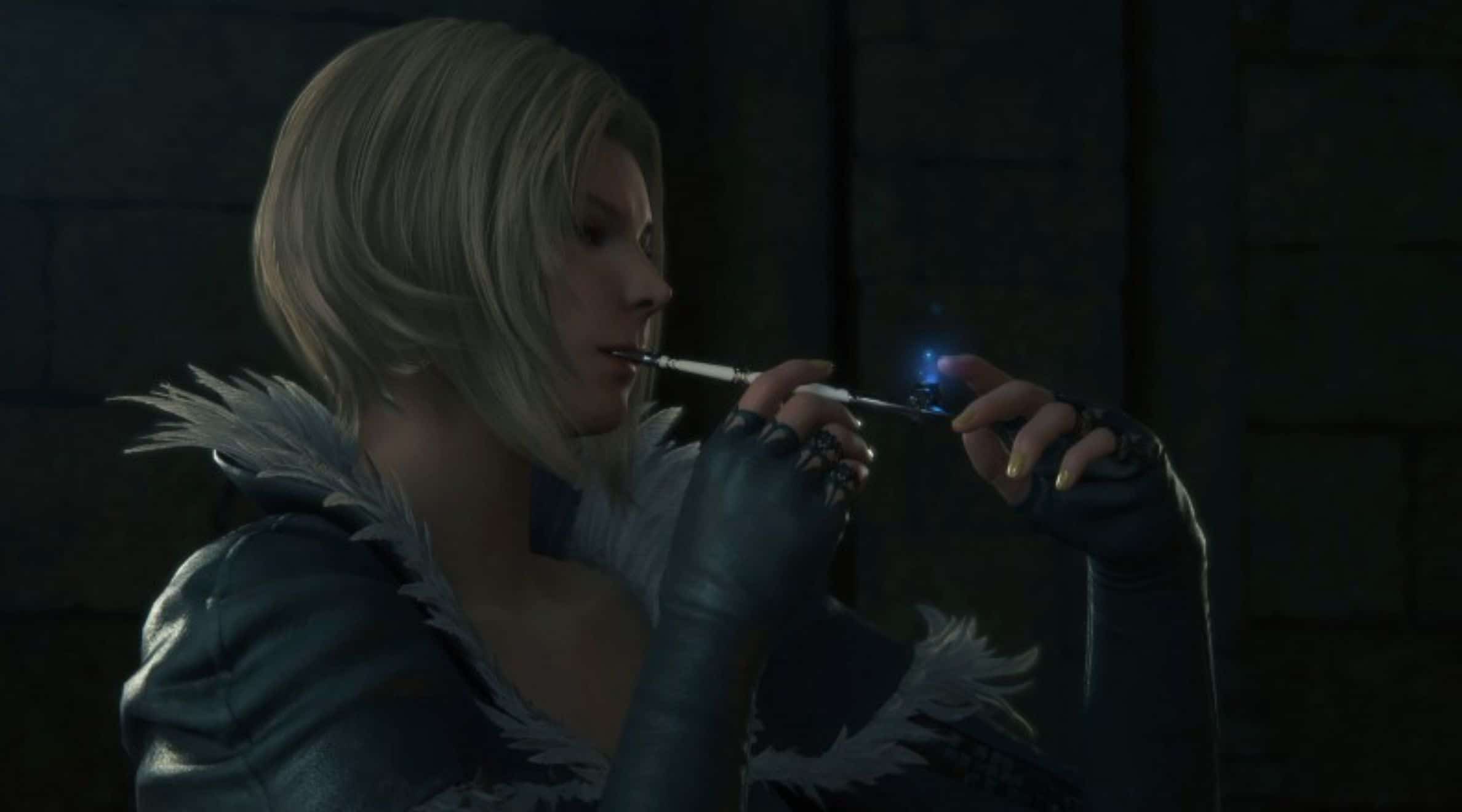
Creative director Kazutoyo Maehiro explains that FFXVI positions magic in a way that provides a more solid foundation than previous Final Fantasy games.
“In the Final Fantasy series, magic is a common element in all the games, but it’s never really explained why it’s there,” Maehiro says. “It’s just always present as a staple for the series. People use it, and it’s an everyday thing. Everyone can use it. However, in past Final Fantasies, the reason people have this magic and why they can use it hasn’t been clearly explained. Yes, there’s an MP bar, but what does that empty bar represent? What happens to the person casting it when they use magic?
“We wanted to introduce these themes in a story centered around the Mothercrystals. The same goes for the [crystals of Final Fantasy]. What is a Mothercrystal? What are these crystals that people use to cast spells? Why is it an everyday thing for them? Let’s explore their daily lives with this magic. How does it affect their lives? Incorporating this concept of magic as an actual part of the narrative was something we aimed to achieve.”
While magic will primarily serve as a means to damage enemies from a gameplay perspective, it’s fascinating to learn how much thought CBUIII put into its place in Valisthea, and I’m eager to discover more about its role in Clive’s story.

